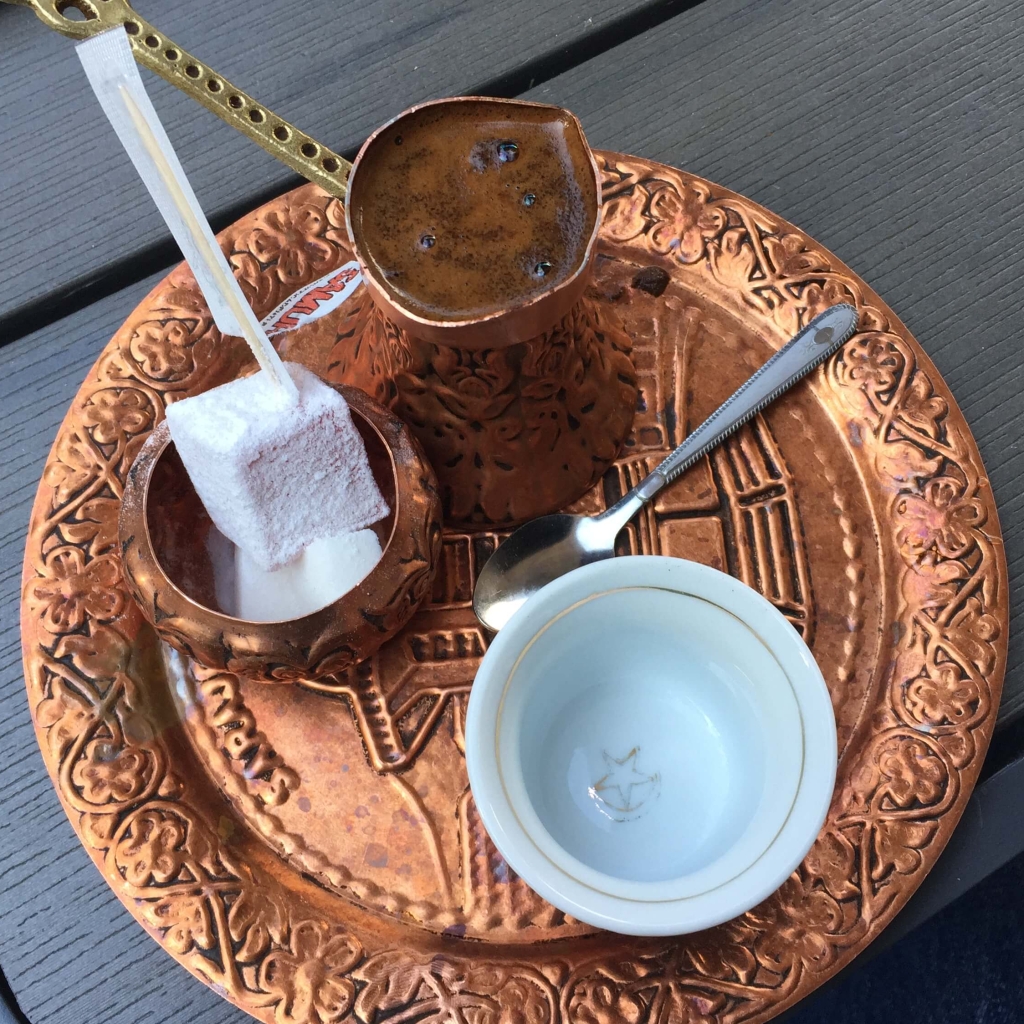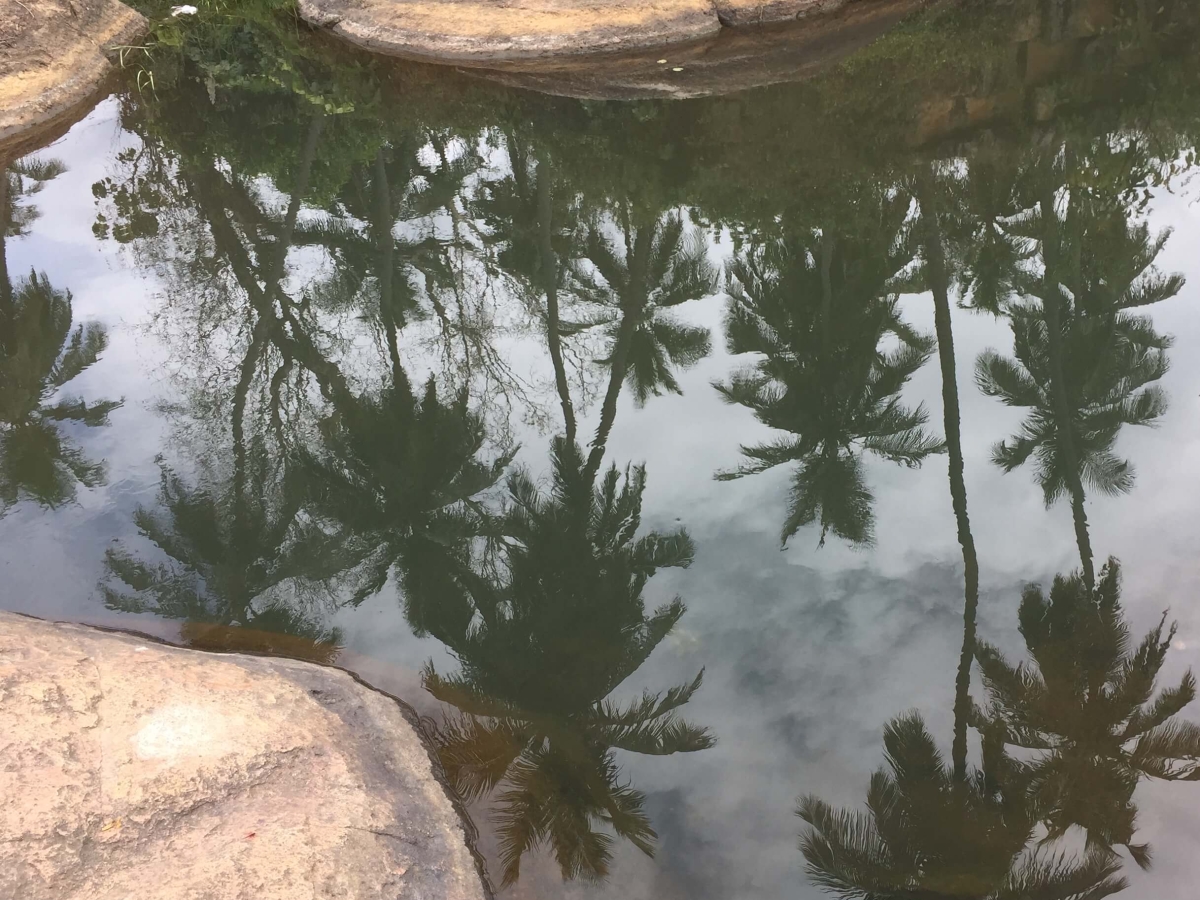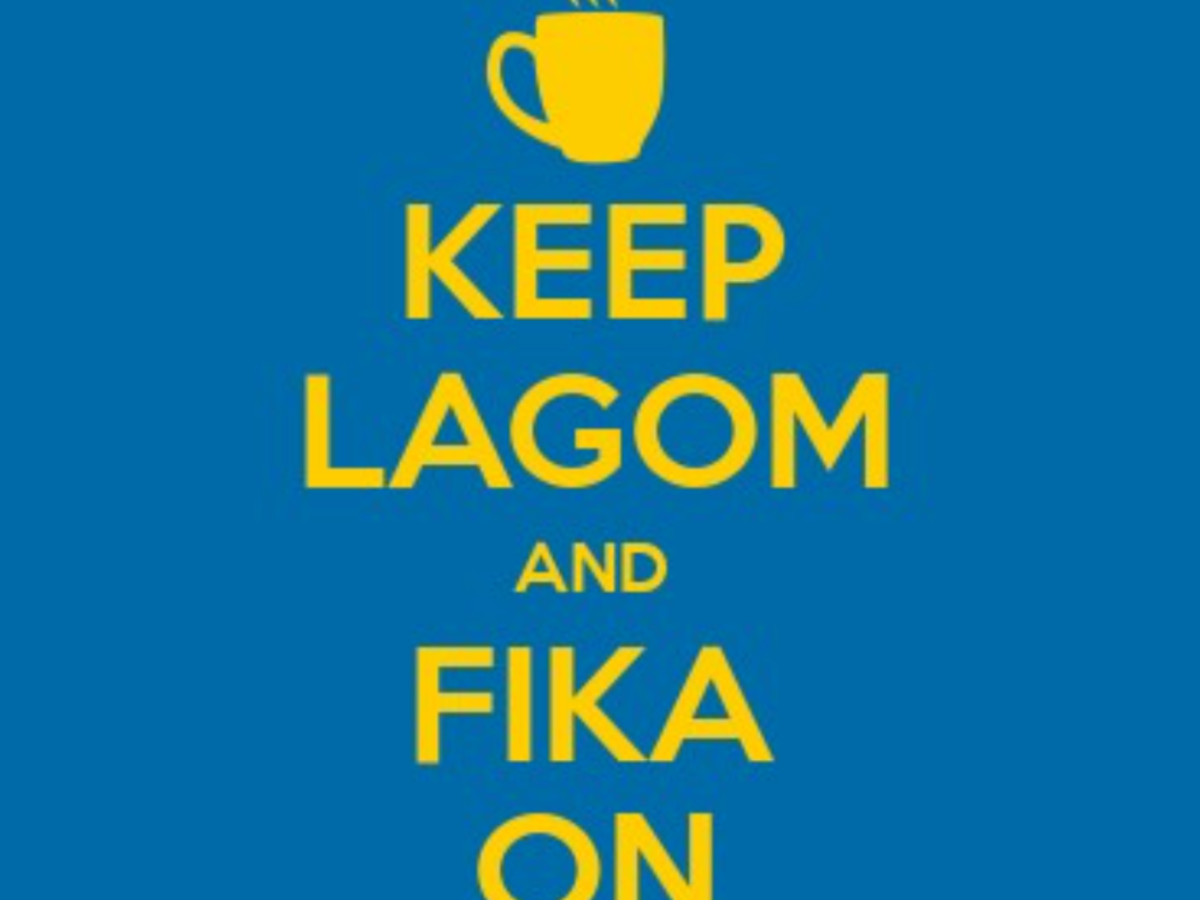Quality over Quantity.
In the first stop on this coffee tour, we’re in a mountainous country that was part of the Ottoman Empire and then part of Yugoslavia before only recently reclaiming its identity – and its coffee.
There is great debate between Greeks and Turks about who gets credit for the coffee. But the argument is really a proxy for deeper historical tensions between these neighboring countries. In reality, when coffee swept the scene in the sixteenth century, the whole region was ruled by the Ottoman Empire. Likewise, one particular preparation method accompanied the spread of coffee through the region.
The Ottoman Empire, though, was an agglomeration of many different cultures, so when it fell apart, those groups reasserted their individual identities, sometimes point to the smallest of differences to support their claims. That’s why you shouldn’t ask for Turkish coffee in Greece or Greek coffee in Turkey, even though as an outsider you may struggle in vain to taste the difference.
To avoid taking a side in such a bitter argument (heh – pun!), let’s talk about a still-controversial-but-slightly-less-contentious version instead: Bosnian coffee. Bosnia & Herzegovina is a small country in the center of the Balkan Peninsula. Bosnians make coffee in a narrow, wide-bottomed copper pot called a džezva. Turks use a cezve and Greeks use a briki – but a tomato is still a tomato even if you call it a tomahto.

Each formerly Ottoman country has its own minor variations in the exact intricacies of the preparation method, but the general concept is basically universal: very finely-powdered coffee beans are boiled inside the džezva until a froth develops on the surface. Then, the liquid is decanted from the heavier grounds, resulting in a small quantity of a strong and strongly-flavored beverage.
You might think I’ve described espresso, but if you drank Bosnian coffee as a shot, you would immediately regret it. Espresso is filtered, which effectively removes the solids. Bosnian coffee is unfiltered, however, resulting in a thick suspension of sediment; instead of removing the sediment, Bosnians let it be and sip it as it settles. The goal is not, in fact, to begin your day with a mouthful of sludge, but simply at the coffee’s pace. Thus, a džezva of strong, slowly-settling coffee can be enjoyed for longer than an entire mug of americano. And Bosnians will do just that.

The thing that most differentiates Bosnian coffee from the other regional variants is not the preparation, but the serving method. When you order coffee in Bosnia, instead of a simple mug, you’ll receive an elegant copper tray with all the ritual ingredients. First, there’s the džezva itself, ornately decorated and filled to the brim. Then, there’s a tiny ceramic cup to drink from. You’ll also get a few sugar cubes to either put directly inside your cup, or to hold between your teeth as you sip the coffee. Then there will be a narrow glass of water – two sips at best – to clear your palate. And finally, your tray will have a sweet rahat lokum (you’d be tempted to call it Turkish delight but shouldn’t because this is Bosnia!) to contrast the strong coffee.
When I visited, I bought a hand-decorated džezva from the old Baščaršija market in Sarajevo. I don’t use it all that often because the procedure is rather complicated, but it always sits on my countertop. It’s a beautiful decoration, but also a reminder that the cultural ”how” and ”why” of coffee are often more important than the drink itself. And in the case of this thick, grainy brew, there’s no doubt that quality trumps quantity.


In the next post, we’re heading to Asia!




“There is great debate between Greeks and Turks about who gets credit for the coffee.” Generally true for Balkans regarding food. I thanked my friend for bringing Turkish Delights from his hometown and he looked like I insulted his family and said “No, no, these are Bulgarian Delights. They are totally different.” They were the same. 😛 😛
LikeLiked by 1 person
Haha yes they definitely do extend the rivalry to many other things besides coffee!
LikeLike